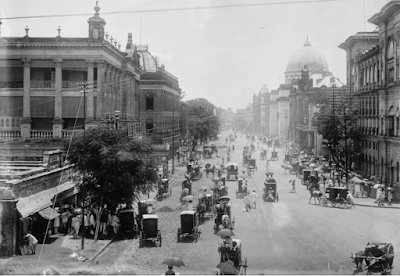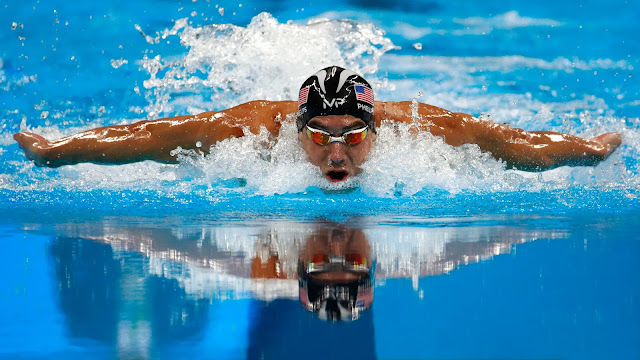Living Beyond Capacity: The Cost of a Fast-Paced World
Radhika, a widow lady, found herself deeply in love with a man named Vikram. However, due to a misunderstanding, Vikram abruptly left the city. Determined to find him, Radhika embarked on a tireless search across India. As a widow, she faced numerous challenges, struggling to gather the necessary resources. Fortunately, she found support in her lover, Arjun, who joined her on this quest.
Days turned into weeks as Radhika and Arjun searched for Vikram in Kolkata. Finally, they discovered that he had moved to Banaras. Radhika convinced Arjun to accompany her to this new city, driven by her unwavering determination. Little did Arjun know that Radhika's intention was to reunite with her lost love, Vikram.
Upon reaching Banaras, Arjun uncovered the truth. Realizing Radhika's intentions, he devised a plan. He decided to spread false information of Radhika's demise to Vikram. This unexpected turn of events shattered Vikram's hopes, causing him to abandon his search for her.
Many years later, they met in different and unexpected circumstances; bringing a closure to their individual quests for love.
The Contrast of Time
The entire journey consumed six year of their lives. Each day was filled with passion and determination as they pursued their goals. In today's world with modern technology, Radhika's pursuit of love would have been drastically different. With the widespread use of mobile phones and access to information at our fingertips, Radhika could have quickly located Vikram through social media or online platforms. Instead of a year-long quest, they could have reunited within days. However, the emotional depth and the trials they faced together would have been condensed, potentially altering the richness of their connection.
This above story is written by Nobel Prize winner Rabindranath Tagore (1861-1941). Most of Tagore's stories are tiny but impactful. It goes deep in human emotions, how time and life changes ones perspective.
The Modern Dilemma
Our world is evolving at an unprecedented pace. The advancement of technology has revolutionized the way we communicate, connect, and seek love. However, this speed comes at a price. We find ourselves living in an era where everything is accelerated, where instant gratification has become the norm.
The rapid pace at which humans are moving in today's world can be observed in various aspects of life. Here are a few additional examples that highlight this phenomenon:
1. Information overload: With the advent of the internet and digital technology, we now have access to an overwhelming amount of information. We are bombarded with news, social media updates, and constant notifications, leaving us little time to process and absorb the information we receive. This constant influx of data can lead to cognitive overload and a lack of depth in our understanding.
2. Fast food culture: The rise of fast-food chains and quick-service restaurants exemplifies the speed at which we expect things to be done. Meals that used to take time to prepare and savor are now replaced with convenient, ready-to-eat options that prioritize speed and efficiency over quality and nutritional value. This shift has implications for our health and overall well-being.
3. Impatience and instant gratification: Technological advancements have enabled us to access goods and services with unprecedented speed. From online shopping with next-day delivery to instant streaming of movies and TV shows, we have become accustomed to immediate results and instant gratification. This culture of impatience can lead to a lack of tolerance for delayed outcomes or the need for long-term investment and effort.
4. Short attention spans: The rise of digital media and the constant availability of entertainment options have contributed to shorter attention spans. We are easily distracted and seek constant stimulation, flipping between multiple tasks or sources of information. This tendency can hinder deep thinking, focus, and the ability to engage in meaningful, sustained activities.
5. Hectic lifestyles and burnout: The demands of a fast-paced world can lead to a culture of busyness and constant activity. People often juggle multiple responsibilities, work long hours, and have limited time for relaxation and self-care. This can result in chronic stress, fatigue, and a sense of being overwhelmed, ultimately affecting our physical and mental well-being.
These examples collectively suggest that as a society, we have embraced speed and efficiency at the expense of reflection, depth, and overall balance in our lives. It is important to consider the potential consequences of this fast-paced lifestyle and strive to find a healthier equilibrium that allows for meaningful connections, personal growth, and a more sustainable approach to progress.
Radhika's story teaches us that time and the trials we face shape us, mold us, and deepen our connections. In our fast-paced world, we may be living over capacity, sacrificing the richness of experience for expediency.
Are we, the humans made to cope up with a fast pace life?
To tackle the challenges of a fast-paced world, prioritize mindfulness, self-care, and meaningful connections. Practice selective information consumption, set boundaries, and embrace a balanced approach.






👍🏻
ReplyDeleteSuperbly written. Thanks for sharing and taking out time to write this
ReplyDelete